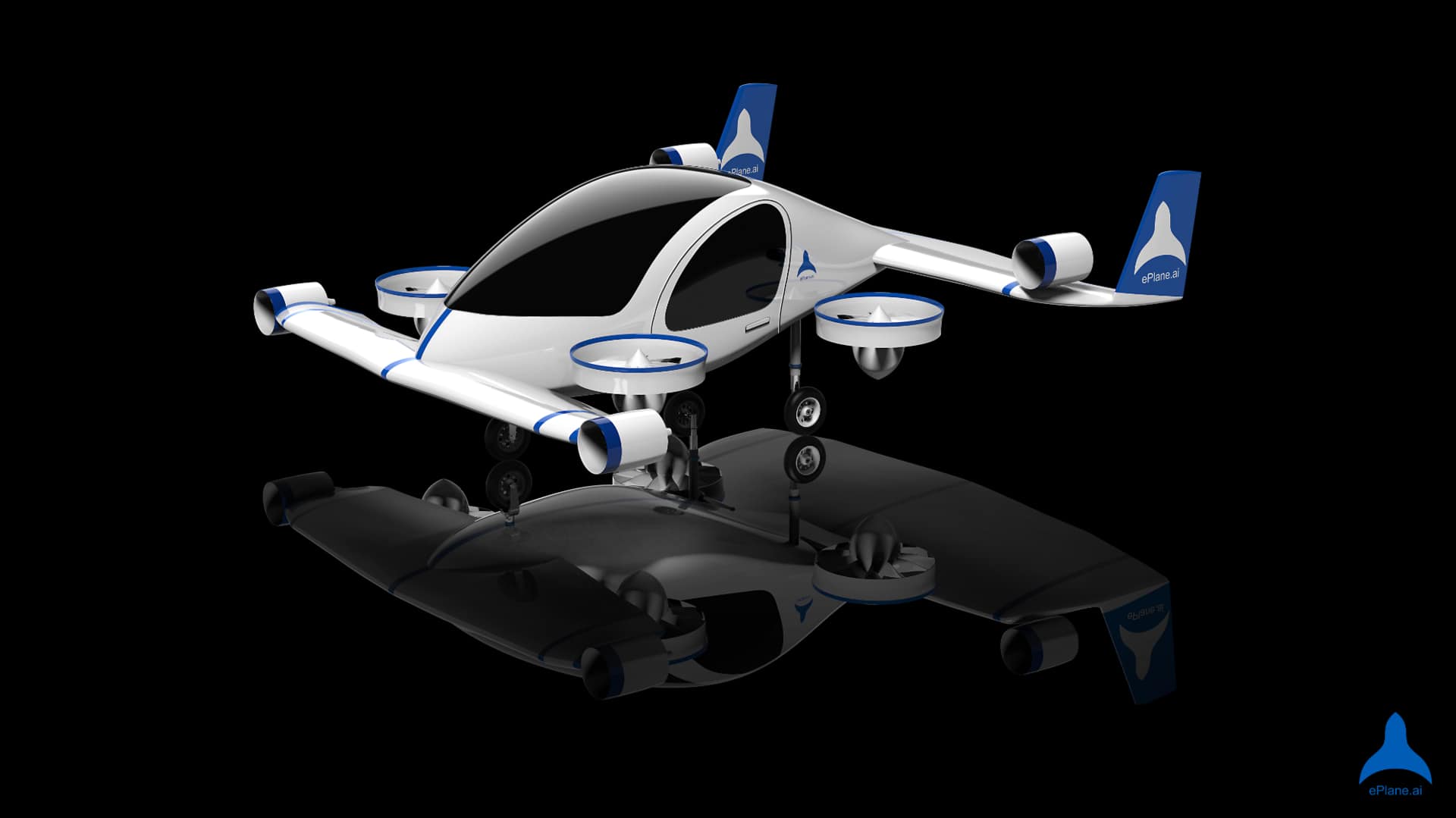
IIT Madras-backed start-up to develop flying taxi by April 2025
What's the story
The ePlane Company, a start-up backed by IIT Madras, is all set to roll out its first manned prototype of an electric vertical take-off and landing (e-VTOL) vehicle by April 2025.
The company's CEO, Professor Satya Chakravarthy, shared this exciting timeline in a recent chat with Moneycontrol.
He also mentioned that more prototypes will come out soon after the first one.
Timeline
Future prototype development plans
Chakravarthy revealed plans for two more e-VTOL prototypes to be developed in quick succession. "The second prototype then should actually come fast behind by about September and then the third one by about December next year," Chakravarthy told Moneycontrol.
Certification process
It seeks necessary permits for trials
The start-up is currently working on getting the required permits from the Ministry of Civil Aviation for conducting these trials.
In September 2024, the ministry released specialized requirements suggesting that vertical take-off and landing capable aircraft (VCA) would have to adhere to secure type certification (TC).
A TC verifies the airworthiness of an aircraft/drone's design and all of its parts.
Regulatory compliance
Start-up applies for aircraft type certification
"We had already applied for our type certificate of our aircraft earlier and now we are reapplying under the VCA," Chakravarthy said.
He added, "We have already been going through our propeller certification under the EASA (European Air Safety Agency) regulation certification norms."
The company is also in the process of applying for acrobat certification, as part of its compliance efforts with aviation regulations.
Investment details
ePlane Company secures funding for product development
In January 2022, ePlane Company revealed that it had bagged $5 million in pre-series A funding, led by deep-tech venture capitalist Speciale Invest, and clean mobility fund Micelio.
Now, the start-up is on the lookout for more funds to enhance its product, and get the crucial approvals it needs from various regulators like DGCA and EASA.